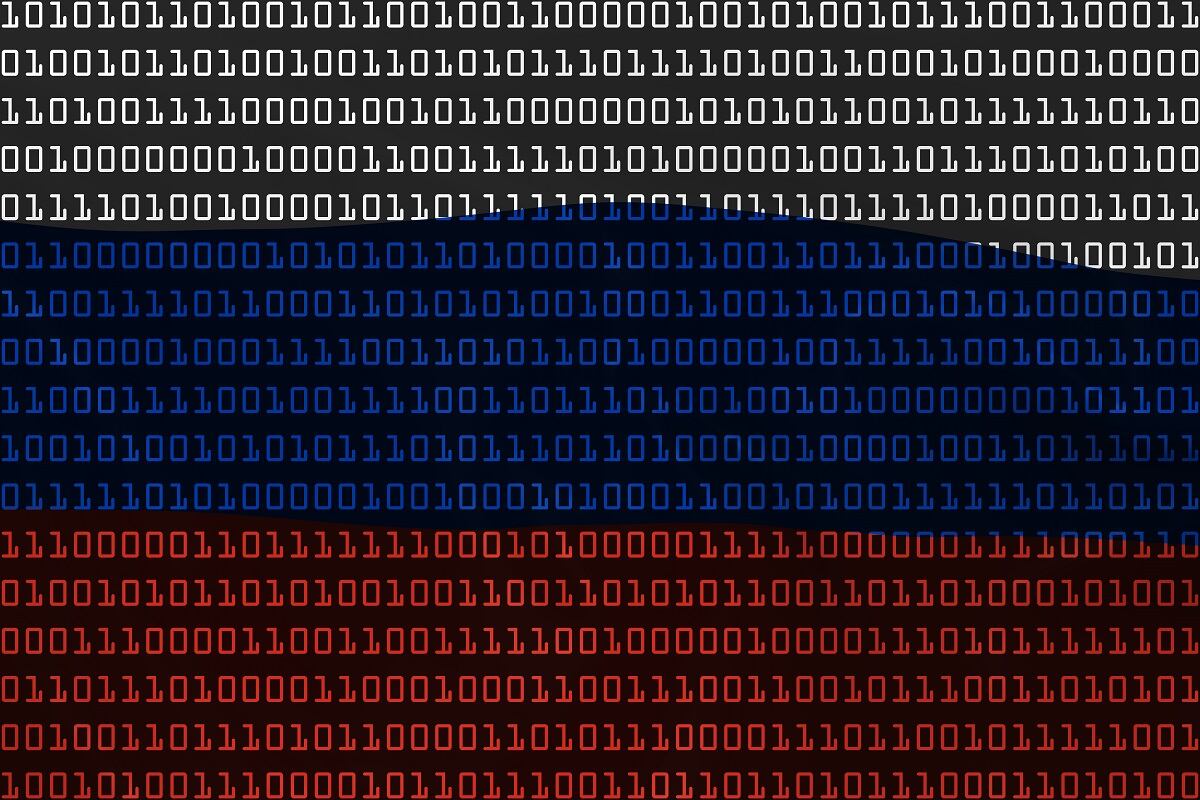The armistice centenary on Nov. 11, 2018, was an occasion for remembrance and reflection. The scale of loss and sacrifice in World War I is staggering, with millions dead and countless more affected. It was called “the war to end all wars,” but it took only two decades before the world was once again dragged into a cataclysmic world war.
The two world wars showed in all their horror what can happen when international relations do not have a foundation in commonly accepted rules and strong institutions. In such a world where might equals right, the risk of conflict and instability is ever-present.
The need to avoid a repetition and to stand together in defense of our values was what led to the creation of NATO. A few years before, the United Nations was created, and a short time after came the European Coal and Steel Community that years later evolved into the European Union. The founders of the post-war order were all institution builders. They presented the world with a vision of security through collaboration and credible deterrence.
Today, there is a lot of discussion about NATO’s role, and while the core role of NATO is to protect its members from enemy attack, it is worth revisiting the preamble to the NATO founding treaty to get the full story.
Here NATO’s founders clearly spelled out the purpose of the alliance: They reaffirmed their “desire to live in peace with all peoples and all governments,” and they were “determined to safeguard the freedom, common heritage and civilization of their peoples, founded on the principles of democracy, individual liberty and the rule of law.” They wanted to promote stability and well-being in the north Atlantic area, and were “resolved to unite their efforts for collective defense and for the preservation of peace and security.”
We have it from the founders themselves: Military might is not the goal in itself. It is the means through which we will secure the ultimate goal: freedom from tyranny and suppression, prosperous economies, and the unfolding of our democratic ideals.
We need not look far to find those who have chosen a very different path. Russia shows little interest in sharing the vision of freedom and collaboration. Instead, we see a revisionist Russia determined to create instability in Europe and beyond. Russia has shown the will to disrespect international law when it suits her purposes. The illegal annexation of Crimea and the aggression in Ukraine are cases in point. More recently we have experienced the use of chemical agents on European soil, cyberattacks and influence campaigns that all originate from Russia.
RELATED

At the NATO summit last year we ensured that we as nations and collectively as an alliance will adapt to meet the threats we face, via Command Structure reform, strengthening our ability and culture of readiness and decision-making, reinforcement and mobility, and the ability to continue to stand shoulder to shoulder with our allies and partners in countering terrorism.
In Denmark we are taking several steps to demonstrate our resolve to protect peace and stability in the northern European area including the Baltic Sea region, the north Atlantic as well as further afield. The Danish defense agreement from 2018 will ensure the strengthening of Danish armed forces’ capabilities and the ability to deter and defend against peer opponents in all domains. Danish presence in the Baltic Sea, the north Atlantic and the Arctic will be strengthened, and Denmark will continue to be counted as an ally that delivers in operations under the most difficult conditions.
In short, Denmark will continue to deliver on our responsibilities, be it in the Baltic Sea, the north Atlantic, Afghanistan or Iraq. By increasing situational awareness and early warning in large swaths in and around Greenland, the Kingdom of Denmark contributes both to defending the lines of communication across the Atlantic and to the defense of North America. At the same time, it is encouraging that European defense spending has been steadily increasing since 2014.
When we celebrate NATO’s 70th anniversary in 2019, we will not be celebrating an outdated organization created for the challenges of times passed.
We will be celebrating our shared values and our ever-stronger unity. However, we can only protect our values and sustain our unity by ensuring the strength and ability of our alliance. We do so by increasing our defense spending, investing in new capabilities and by showing the necessary political will to contribute for the good of our allies and partners.
As we confront the challenges before us, alliance unity will be key. Let us therefore use 2019 to reaffirm our unity and collective will to deter and defend against those who would undermine our values and the rules-based international order.
NATO is widely viewed as the most successful military alliance in modern history. I share this view. However, NATO is not only a military alliance but very much a political one.
From the ashes of two world wars arose a new world order based on the rule of law, democracy and respect. As NATO’s founders saw very clearly, the true strength and success of NATO comes not only from our forces, capabilities and contributions but from our political commitment to one another as allies. This commitment is based on our shared values, and it benefits all allies, big and small.
NATO remains the vehicle not only for safeguarding our territories but also our values. At the tender age of 70, NATO is more important, vibrant and capable than ever. Retirement is not on the agenda!
Claus Hjort Frederiksen is Denmark’s defense minister.







